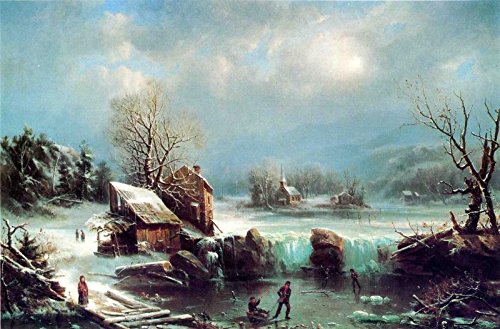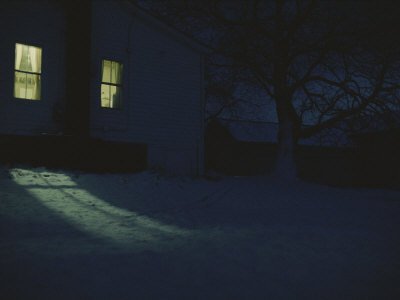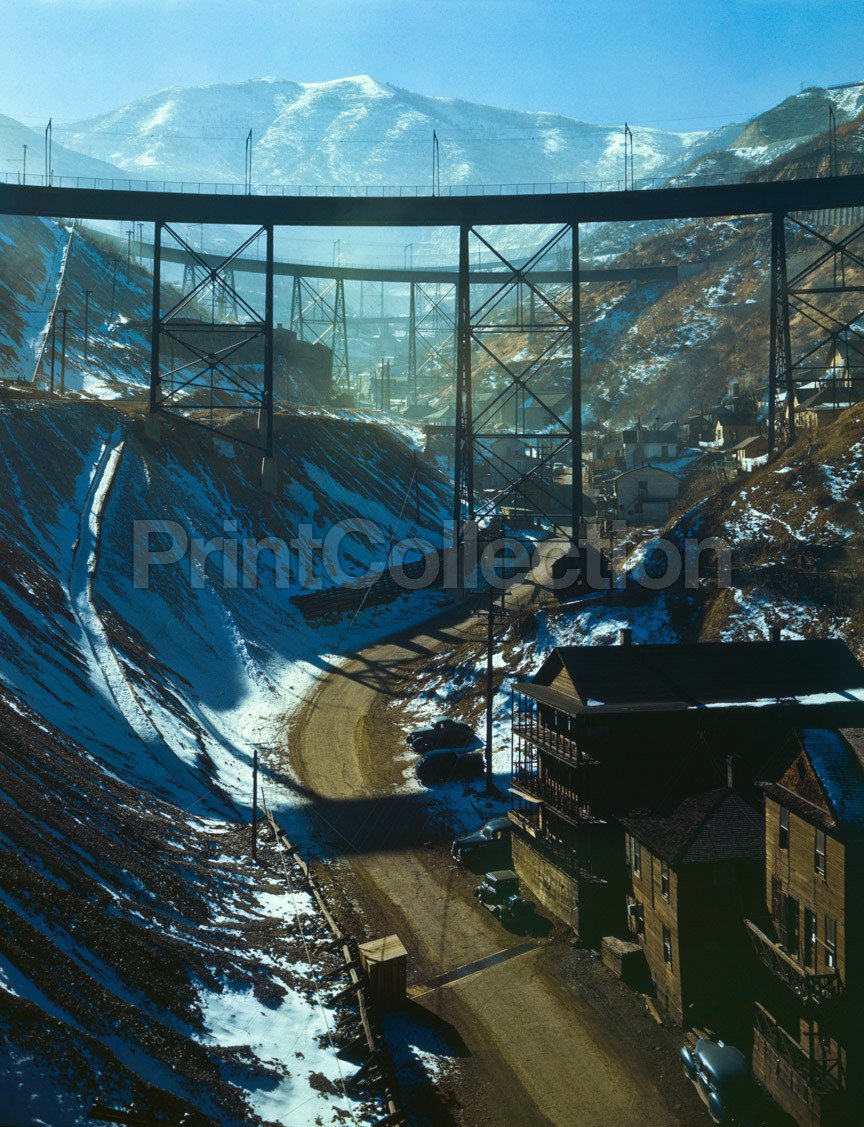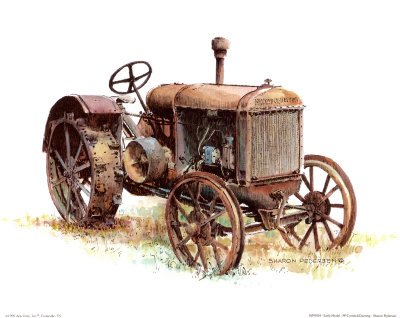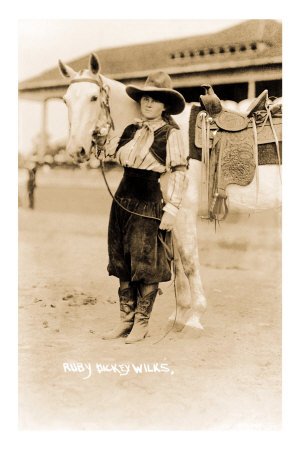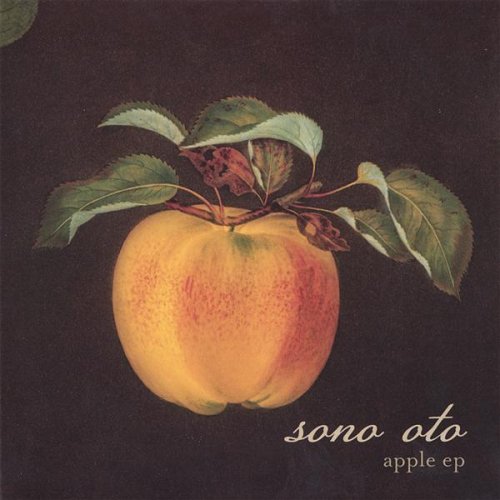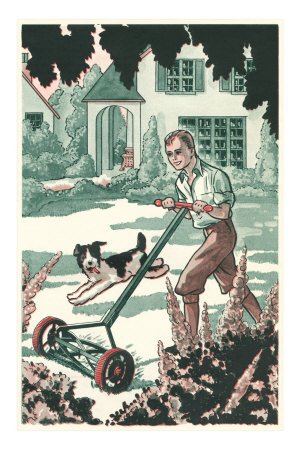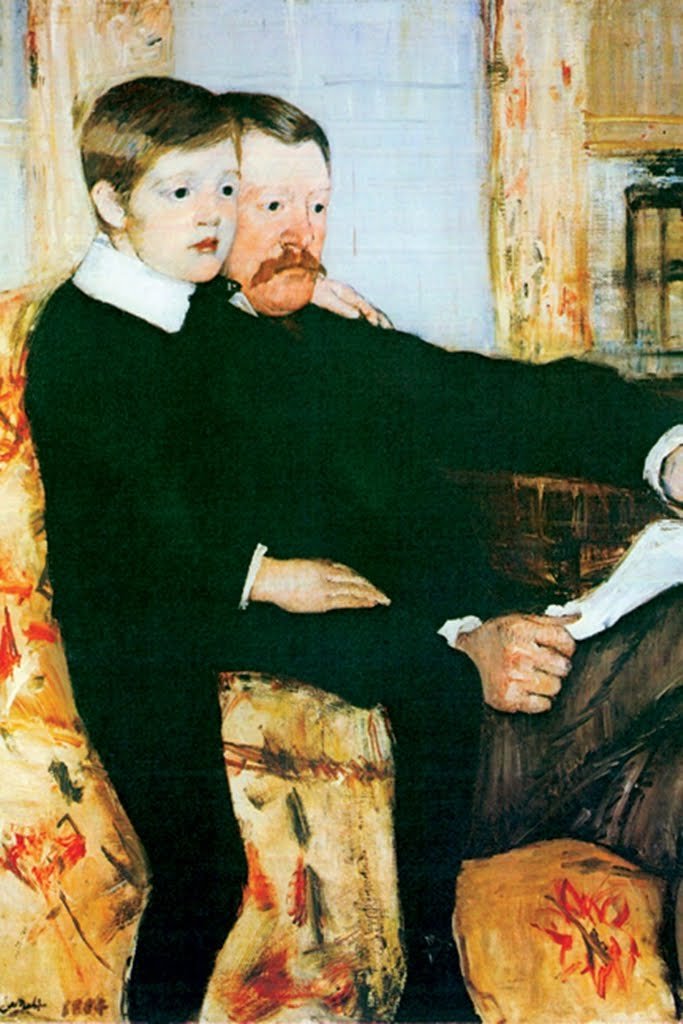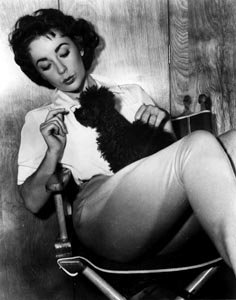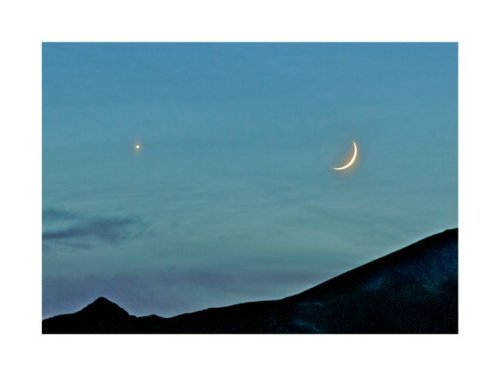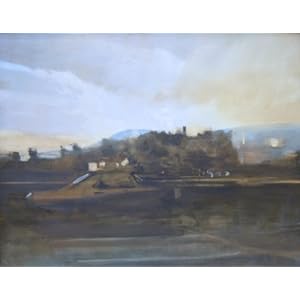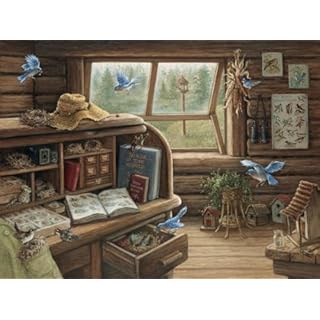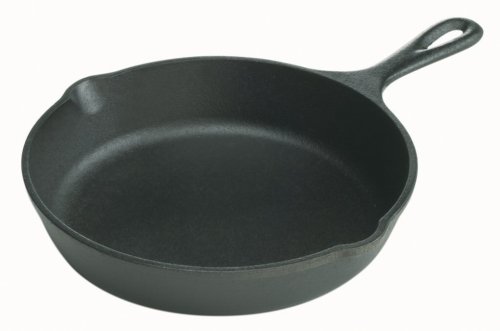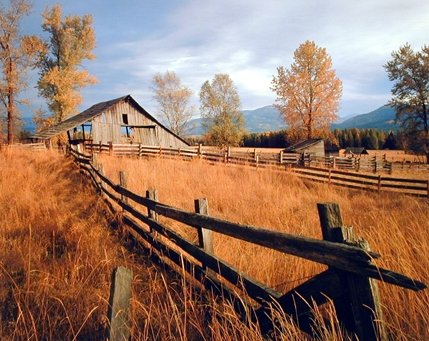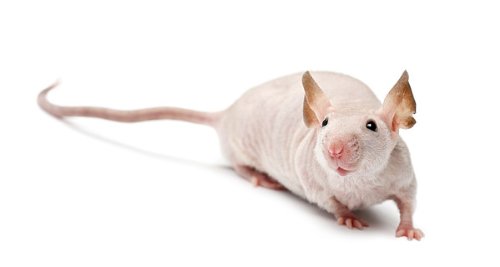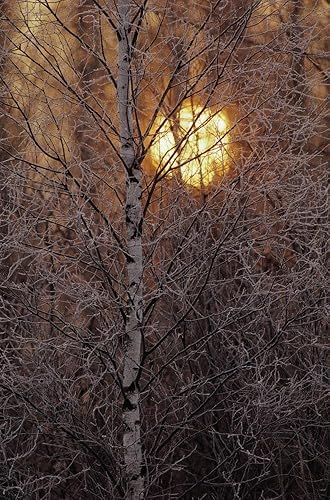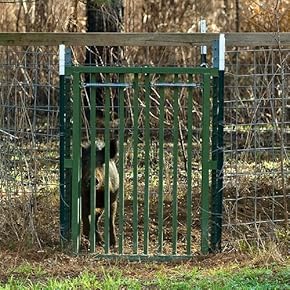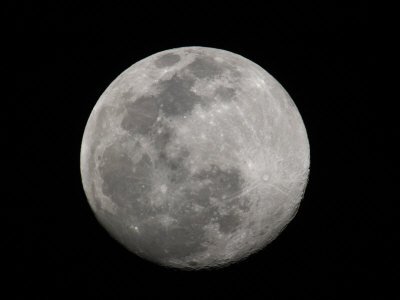
In the town where I live, there's just one streetlight with one color: red. It flashes the same in all directions at a four-way stop where one state highway crosses another. The traffic bottles up when a freight train passes through, blocking the north-south lanes. I've seen cars backed up five, maybe six deep...
Queued up in one of these small-town traffic jams the other day, I started to reflect on the lines I've waited through and the ones I missed. I used to work in midtown Manhattan, you see, once of the most densely populated places on earth.
In the town where I live, there's just one streetlight with one color: red. It flashes the same in all directions at a four-way stop where one state highway crosses another.
The traffic bottles up when a freight train passes through, blocking the north-south lanes. I've seen cars backed up five, maybe six deep...
Queued up in one of these small-town traffic jams the other day, I started to reflect on the lines I've waited through and the ones I missed. I used to work in midtown Manhattan, you see, once of the most densely populated places on earth.
We called it waiting "on line" rather than "in line," I suppose, to show that we were individuals and not anonymous segments in a line. Either way, I spent a lot of time waiting.
Continued at...
Out of Line
by
Michael Hofferber. Copyright © 1998. All rights reserved.
Rural Delivery
Outrider Reading Group
Artwork:
People Waiting On Line
 by Michael Hofferber. Copyright © 2005. All rights reserved.
by Michael Hofferber. Copyright © 2005. All rights reserved.